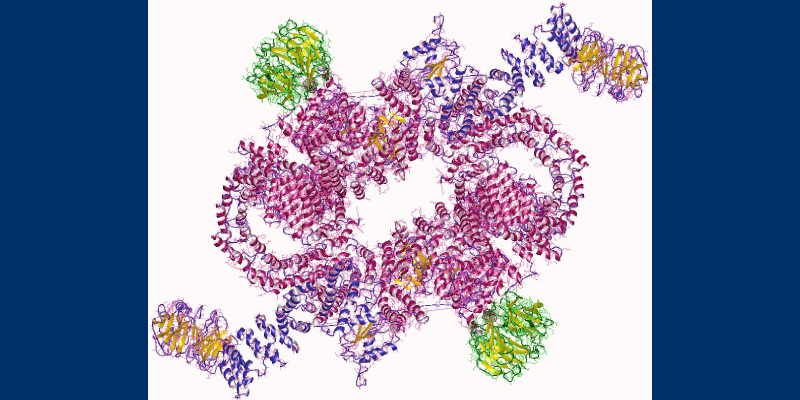
A new study from the Johns Hopkins Kimmel Cancer Center reported in Nature Communications has found a novel mechanism of tumor formation in kidney cancers. It is driven by an overexpression of the mechanistic target of rapamycin complex 1 (mTORC1) signaling pathway with loss of the tuberous sclerosis complex (TSC) tumor suppressor gene, researchers said. These findings can aid in the discovery of potential therapeutic targets for aggressive renal cell cancers (RCC).
Overactivity through mTOR can lead to the abnormal activation of oncogenic transcription factors (TFs)—specifically, the microphthalmia transcription factor family—that regulate cell growth, division, and spread. The mTOR protein is also responsible for the activation of proteins that are involved in cell death and DNA repair. Continuously activated mTOR signaling is common in renal and other tumors that are susceptible to losing the tumor suppressor genes TSC1 or TSC2.
mTOR has been the focus of multiple cancer studies, yet its mechanisms in promoting cancer are not yet fully understood.
Renal tumors with TSC2 loss have been found to have increased levels of TFEB and TFE3 nuclear localization. “For years, the dogma has been that mTOR signaling directly suppresses the activity of the microphthalmia-related transcription factors TFEB and TFE3 by keeping them out of the nucleus and unable to activate transcription,” said genitourinary cancer expert and study lead Tamara Lotan, MD. “However, we found that TFEB and TFE3 are actually, paradoxically, activated downstream of abnormal, continuous mTOR signaling.”
In laboratory experiments, Kaushal Asrani, MBBS, PhD, a research associate in Dr. Lotan’s laboratory, found that the amino acid-dependent regulation of TFEB and TFE3 is suppressed in kidney tumor cells with TSC loss, which leads to their overactivity. This combined loss of TFEB and TFE3 was enough to reduce growth of tumors with continuous mTOR signaling.
“We have known for some time that there are subsets of kidney and soft tissue tumors that can be caused by overactive mTOR signaling or other genetic alterations that directly activate TFEB and TFE3, but how these molecular events were all tied together was a mystery. This work suggests that the unifying mechanism in all cases is activation of TFEB and TFE3,” said Dr. Asrani.
These findings will support the development of new targeted therapies for kidney cancers with overactive mTOR, which will be further studied in ongoing research.







 © 2025 Mashup Media, LLC, a Formedics Property. All Rights Reserved.
© 2025 Mashup Media, LLC, a Formedics Property. All Rights Reserved.